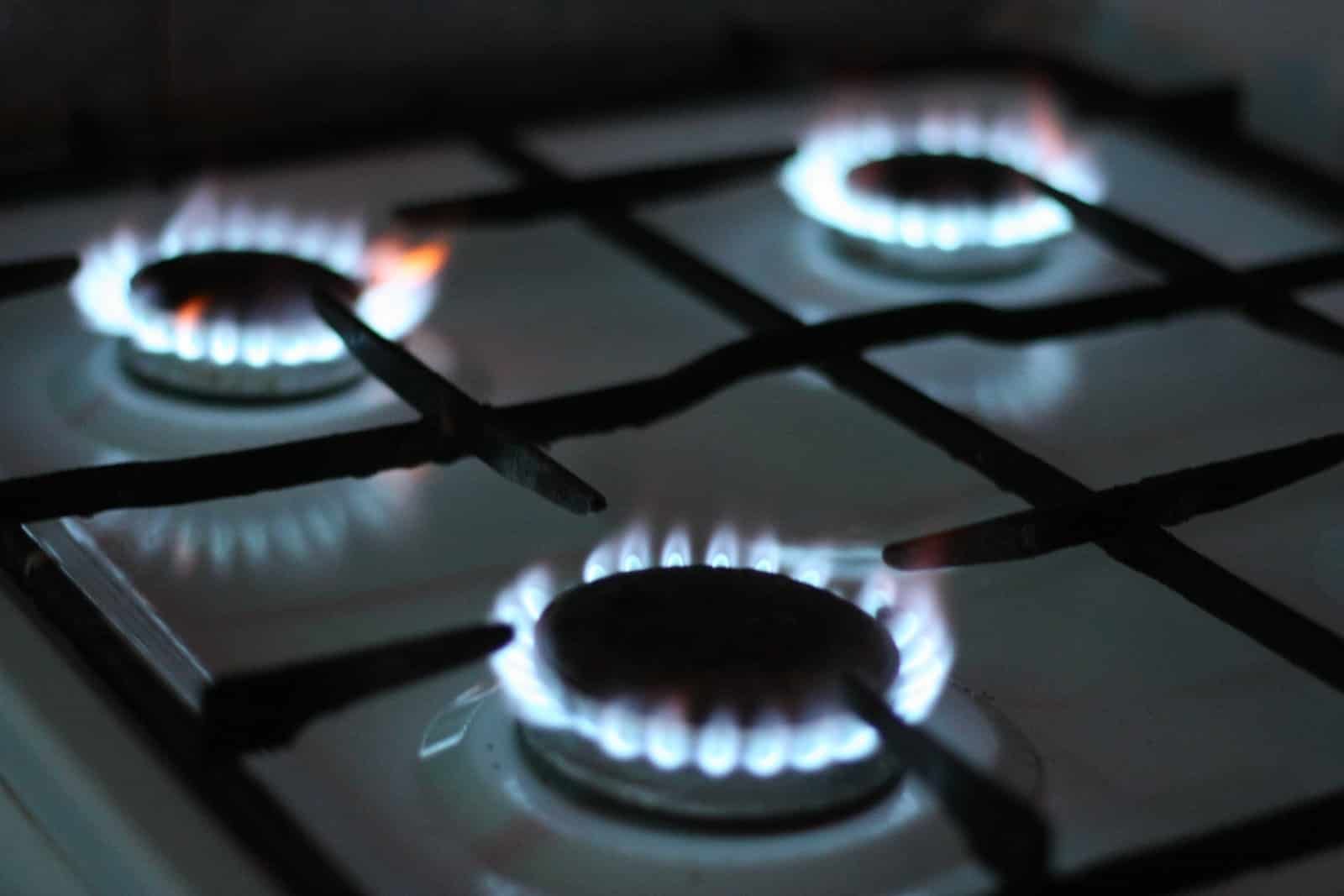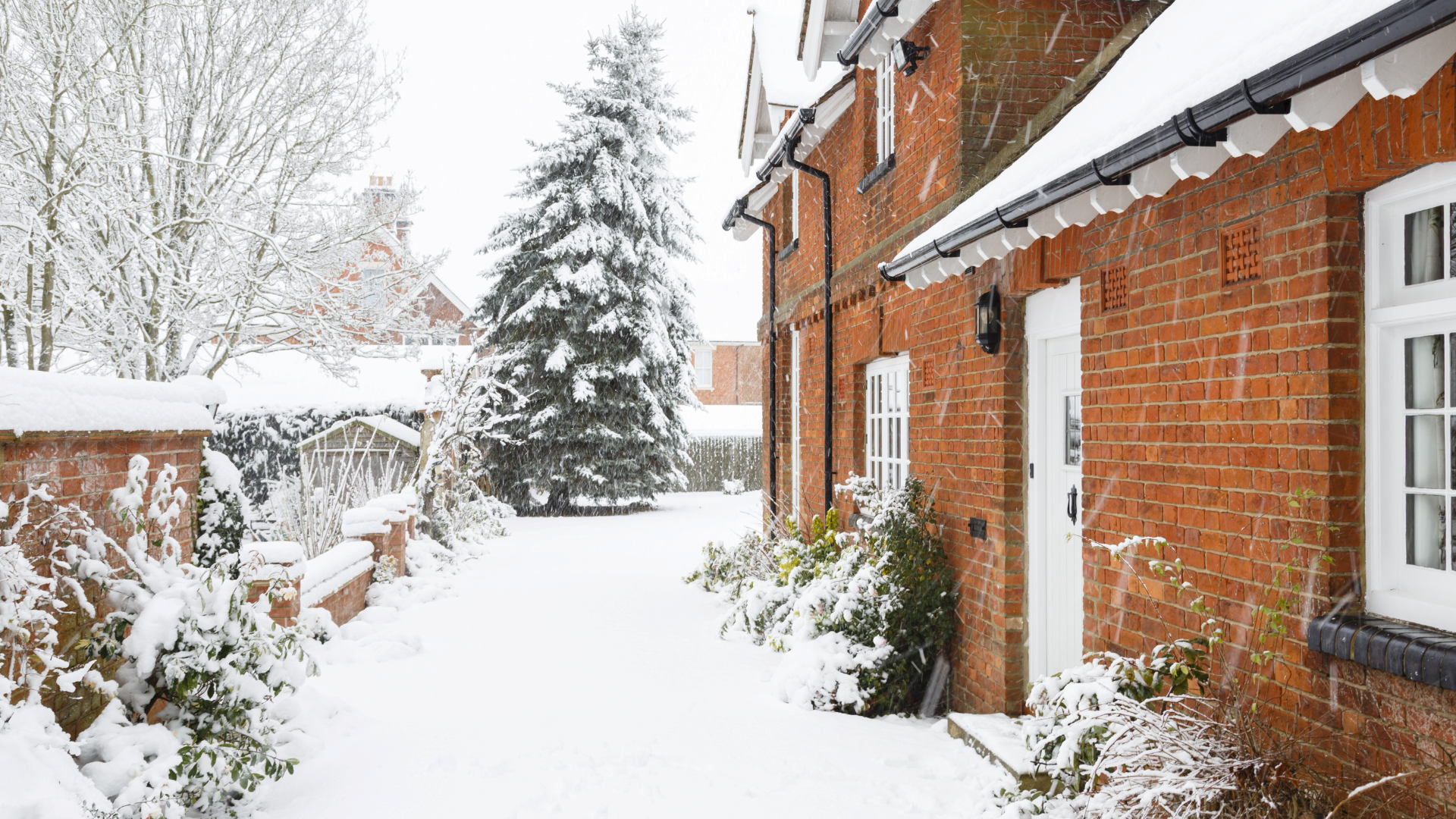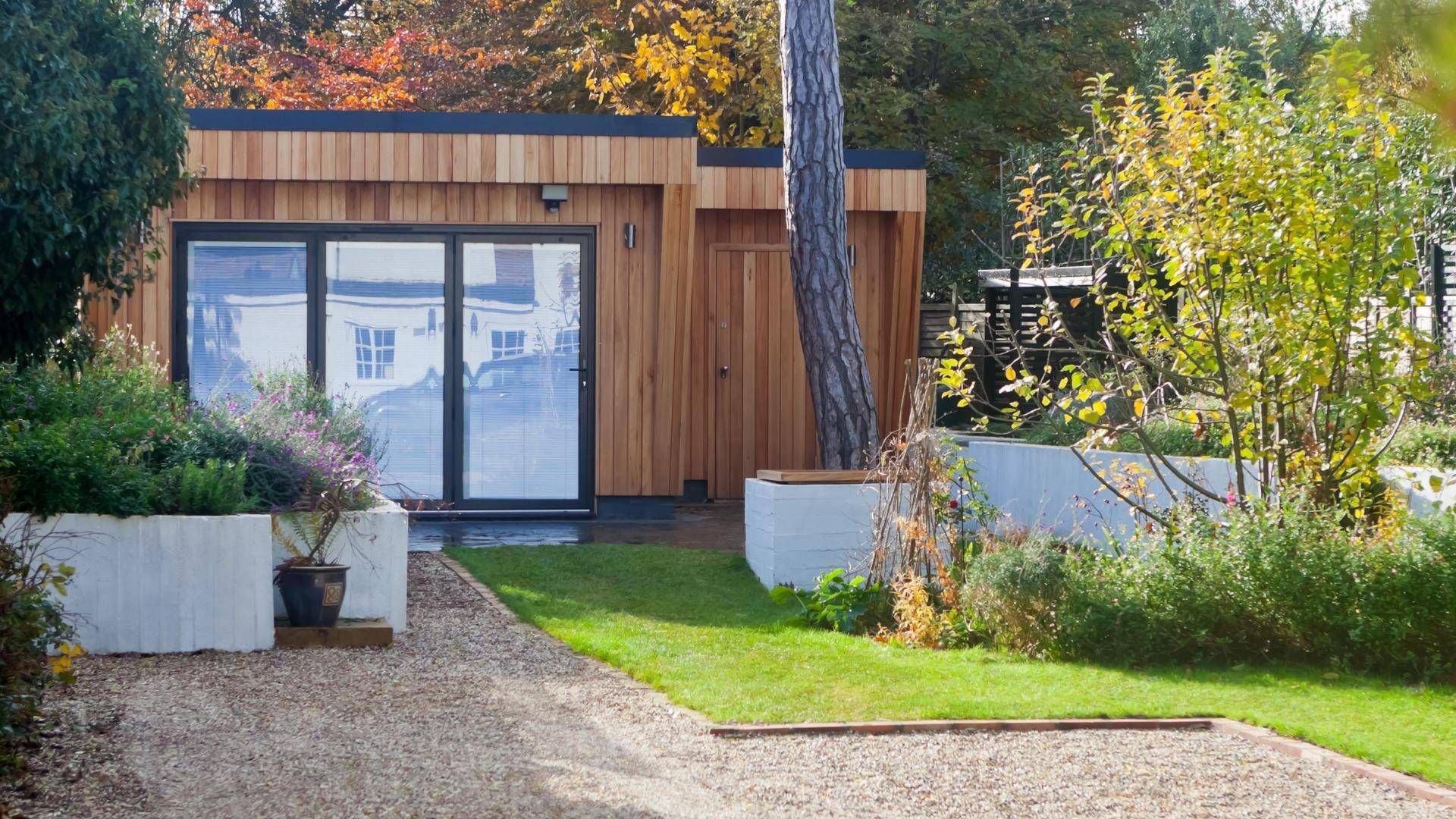
While there was no mention of stamp duty, first-time buyers or inheritance tax in 2021’s Budget, October has left homeowners with a number of pressing questions. The majority of them stem from the Prime Minister’s Net Zero announcement made earlier in the month – a proclamation of eco intent with a particular focus on domestic heating.
We have already been contacted numerous times for clarification on the future of gas boilers in the home, so we have answered the most commonly asked questions below.
Do I have to remove my gas boiler now?
No, if you have a safe and functioning gas boiler, you can continue to use it until it is condemned or is broken beyond repair. We recommend getting your boiler serviced annually to keep it working efficiently and to prolong its lifespan.
Are gas boilers going to be banned in the future?
Yes but there’s no immediate panic. The first change will come into effect in 2025, which will ban house builders and developers from installing conventional gas boilers and their oil-fired counterparts in the new properties they build. The next ban will happen in 2035, when new gas boilers will be withdrawn from public sale. If your gas boiler breaks down after 2035, you will not be able to replace it with another gas version. Until then, you can swap your current gas boiler for another gas model without issue.
What are the alternatives to a conventional gas boiler?
The Government ideally wants us all to install heat pump systems, which come in air, ground and water versions. Alternatives include biomass boilers, which run off wood chips, logs or pellets, and solar panels, or homeowners could go down the all-electric route. At the moment, oil-fired systems and wood-burning stoves are still permissible heating methods but it’s unclear whether you’ll be able to buy a brand new oil-powered boiler after 2035. It is hoped boilers that run off hydrogen may be developed for use in a domestic setting but this may take a decade or longer to come to fruition.
Aren’t heat pumps costly to install?
At the moment, heat pumps are still a niche heating product, therefore the costs to supply and install are pretty high when compared to a gas boiler (expect to pay in the region of £8-£10,000 for an air heat pump). The energy savings should help the technology pay for itself over time.
Will the Government pay for me to switch to a heat pump?
Possibly. A £450 million fund called the Clean Heat Grant is being launched by the Government in April 2022. Households can apply for up to £5,000 to put towards the cost of a heat pump system, although the money will only help around 90,000 households before it runs out, with the fund available on a ‘first come, first serve’ basis. Any shortfall in purchase and installation costs will need to be met by the homeowner.
Will a gas or oil-fired boiler hinder my house sale?
This is an interesting question. Purchasers are becoming more concerned with EPC ratings as fuel bills rise and they realise an inefficient boiler will use more gas or oil. It’s possible buyers will favour homes for sale that have a heat pump as not only will it deliver monthly energy savings, it will ‘future proof’ a property they want to buy . It’s also worth noting that the Government is considering setting minimum energy standards for every home in the country by 2050, and an inefficient boiler could stop properties meeting any future standards – potentially jeopardising a sale.
Is it true an inefficient boiler may prevent me from getting a mortgage?
No, not directly but there is some truth in the rumour. The Government is asking mortgage lenders to help it achieve its eco agenda by giving greener homes preferential treatment. Purchasers borrowing money to buy homes with the highest energy standards will be offered the best mortgage deals, while banks and building societies will be asked to disclose the average EPC of its loan portfolio in a bid to ‘shame’ those who finance too many energy-inefficient properties. The extreme outcome may be some homes will become unmortgageable due to very poor EPCs, or a property will need to be brought up to a higher EPC rating before it’s legally allowed to be sold on the open market.
Why is the Prime Minister so concerned with central heating?
The Government has set an ambitious target to be a net zero carbon emissions country by 2050 and with residential property currently responsible for 16% of the UK’s total carbon emissions, getting the nation to switch to greener ways of heating our homes is seen as a crucial part of eco success.
If you are wondering what your current EPC rating is or would like advice about selling your property with its current boiler in place, get in touch today.
Share this article
More Articles
Sign up for our newsletter
Subscribe to receive the latest property market information to your inbox, full of market knowledge and tips for your home.
You may unsubscribe at any time. See our Privacy Policy.




